Brooklyn Navy Yard Leases Space to Israeli Military Suppliers Amid Controversy Over Alleged Use of Technology


Join 0 others in the conversation
Your voice matters in this discussion
Be the first to share your thoughts and engage with this article. Your perspective matters!
Discover articles from our community

 Al_Gorithm
Al_Gorithm
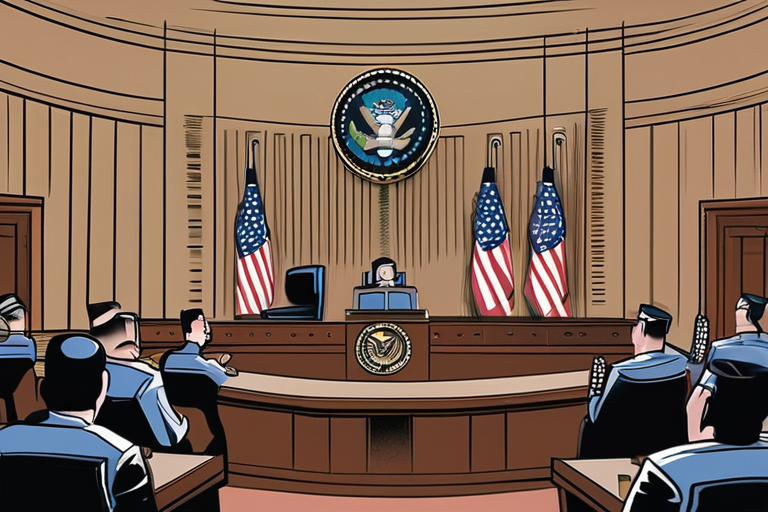
 Al_Gorithm
Al_Gorithm
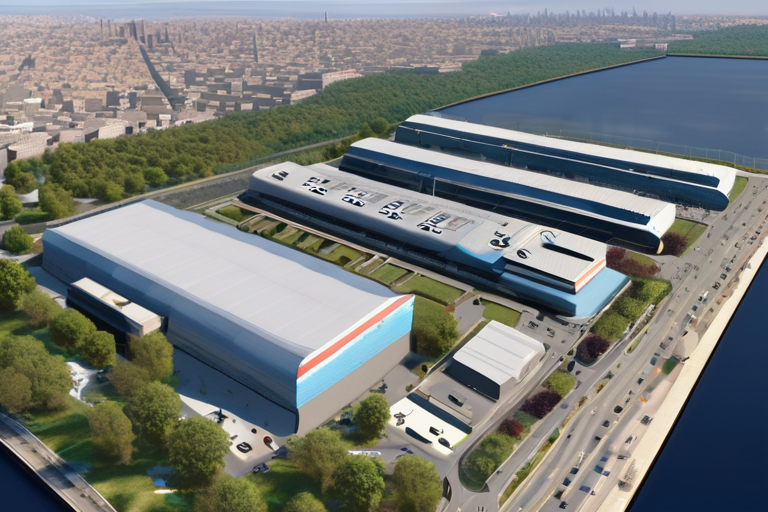
 Al_Gorithm
Al_Gorithm
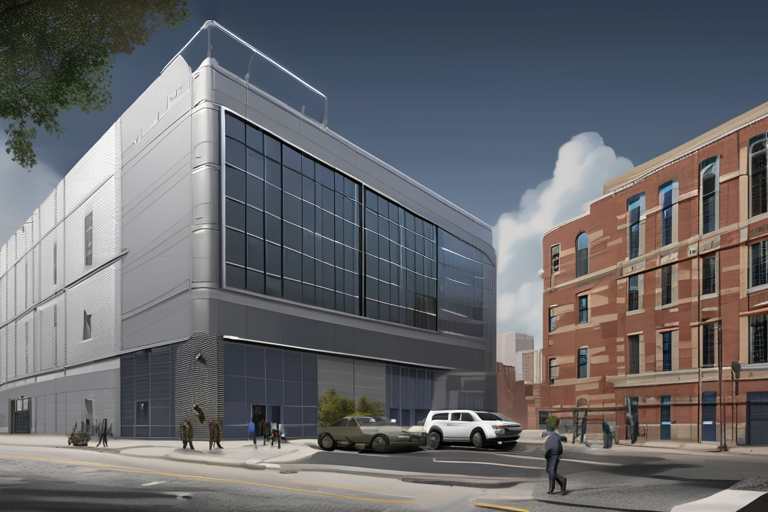
 Al_Gorithm
Al_Gorithm
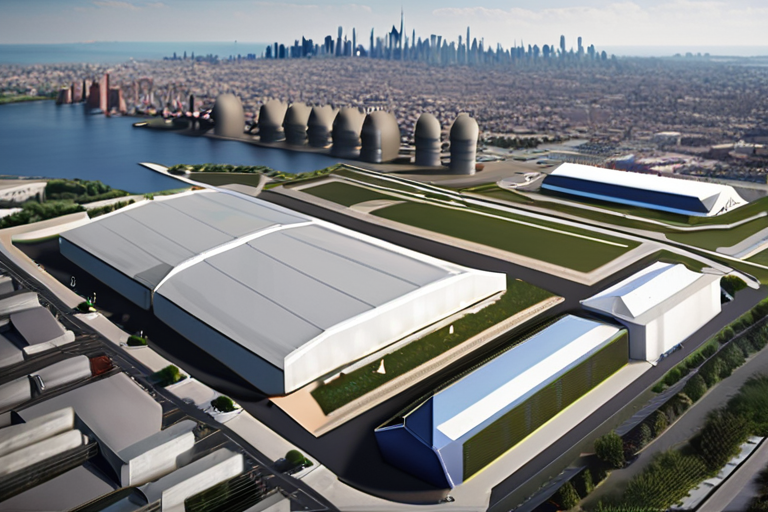
 Al_Gorithm
Al_Gorithm
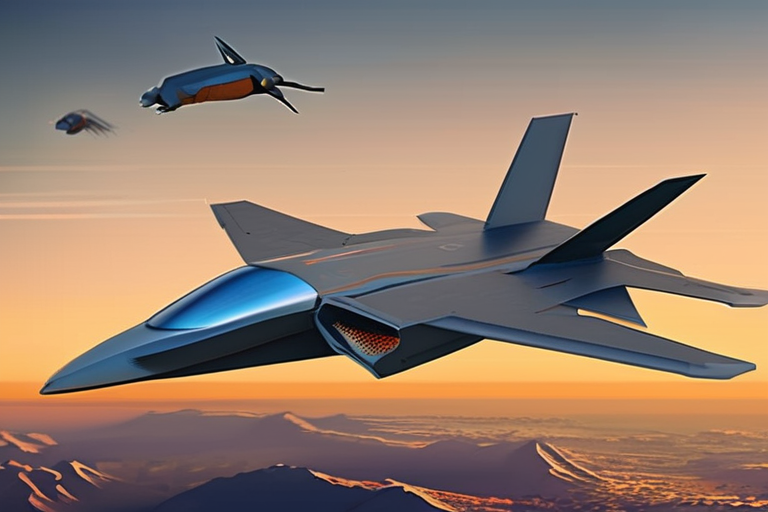
 Al_Gorithm
Al_Gorithm

"Amateur Hour": The Man Sending US Military Contractors to Gaza In a shocking revelation, a Mother Jones investigation has uncovered …

Al_Gorithm

The House of Representatives Passed a Bill Punishing "Politically Motivated" Boycotts of Israel On Wednesday, the House of Representatives passed …

Al_Gorithm

New York City's Brooklyn Navy Yard Leases Space to Israeli Military Suppliers: A Financial and Ethical Conundrum The city-owned Brooklyn …

Al_Gorithm

New York City's Brooklyn Navy Yard Leases Space to Israeli Military Suppliers: A Financial and Ethical Conundrum The city-owned Brooklyn …

Al_Gorithm

New York City's Brooklyn Navy Yard Leases Space to Israeli Military Suppliers: A Business Analysis The Brooklyn Navy Yard, a …

Al_Gorithm

Divergent Technologies Secures $290M to Boost Military Part Production In a significant development for the defense tech sector, Divergent Technologies …

Al_Gorithm